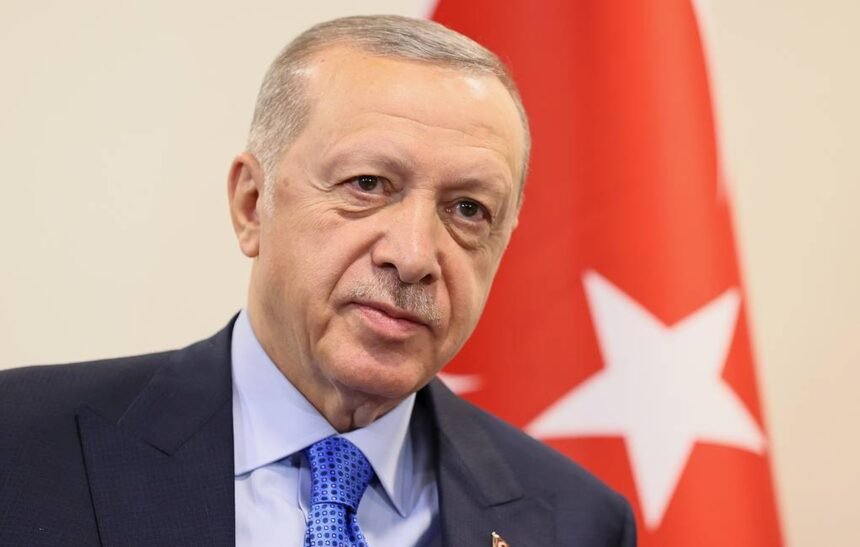Turkey’s ties with Hamas — once a liability in Washington — have now become a geopolitical asset.
By convincing Hamas to accept Donald Trump’s Gaza deal, Ankara has put itself back at the center of Middle East diplomacy, to the frustration of Israel and its Arab rivals.
Initially resistant to Trump’s ultimatum — “Release the Israeli hostages or face continued destruction” — Hamas leaders relented only after Turkey, a country they view as a political patron, urged them to agree to the American plan.
“This gentleman from a place called Turkey is one of the most powerful people in the world,” Trump said last week, referring to President Recep Tayyip Erdoğan, after the Palestinian militant group accepted the ceasefire and hostage-release plan. “He’s a reliable ally. He’s always there when I need him.”
Erdogan’s signature on the Gaza accord has propelled Turkey back into a central role in the Middle East, reviving a status he has long sought — one reminiscent of the country’s Ottoman-era influence.
Now, Ankara is seeking to leverage its renewed goodwill in Washington to advance key national interests, including progress on stalled F-35 fighter jet sales, relief from U.S. sanctions, and American support for Turkey’s security goals in Syria, sources told Reuters.
Sinan Ülgen, head of the Istanbul-based EDAM think tank, said Ankara’s success in persuading Hamas to accept Trump’s deal has boosted its diplomatic influence both regionally and globally.
“If Trump’s praise translates into lasting goodwill, Ankara could use that momentum to resolve longstanding disputes,” Ülgen noted.
This diplomatic recalibration began during Erdoğan’s September visit to the White House — his first in six years — which addressed hot-button issues like U.S. sanctions imposed over Turkey’s 2020 purchase of Russian S-400 missiles, and Ankara’s push to pressure the U.S.-backed Syrian Democratic Forces (SDF) to integrate into the Syrian army.
For Turkey, which views the SDF as linked to the outlawed PKK, this outcome marks a strategic victory.
The Gaza deal comes as another boost to Turkey’s regional prestige. Trump had already praised Erdoğan for hosting Russia-Ukraine peace talks earlier this year, while Turkey’s influence expanded further after Bashar al-Assad’s fall in Syria in 2024, where Ankara backed opposition forces.
Although some Arab states — including Egypt, Saudi Arabia, and the UAE — were uneasy about Turkey’s renewed dominance, analysts say they also wanted the Gaza conflict to end.
“Erdoğan is a master at expanding his influence, exploiting opportunities, and taking credit,” said Arab political commentator Ayman Abdel Nour.
For Hamas, the biggest concern was Israel breaking the deal and resuming its offensive. A senior official said the group accepted the ceasefire only under “overwhelming mediation pressure, a collapsing humanitarian situation, and a war-weary public.”
The agreement secures the release of Israeli hostages taken during Hamas’s October 7, 2023 attack, which killed around 1,200 people, while Israel’s retaliatory offensive has since left over 67,000 Palestinians dead, according to Gaza health authorities.
Whether this deal paves the way for a future Palestinian state remains unclear. Turkey, Qatar, and Egypt argue the accord lacks a clear two-state roadmap, a long-standing Palestinian demand.
When asked about possible Turkish peacekeeping deployment in Gaza, Erdoğan said discussions would depend on achieving a complete ceasefire, humanitarian relief, and reconstruction.







